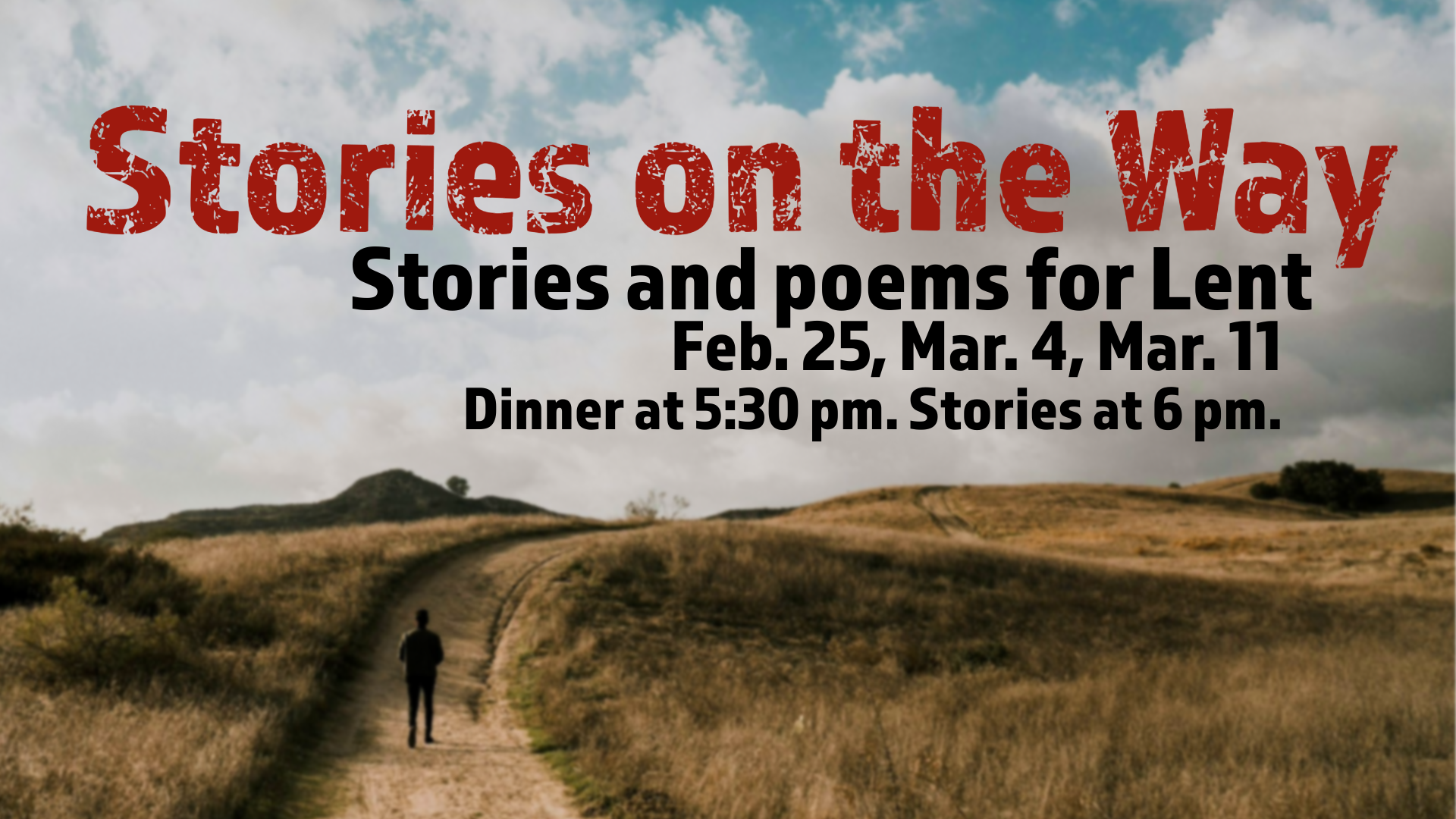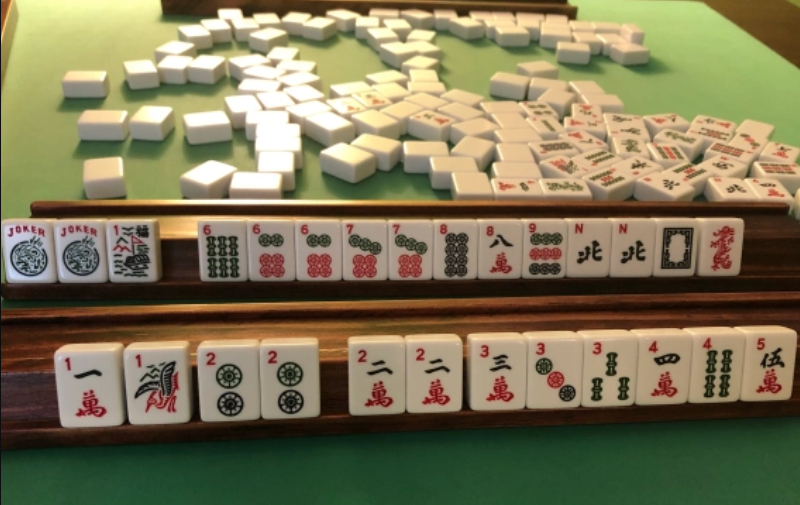Bloom Where You're Planted
Some months ago a seed was planted: Would I be open to discerning a call to serve here at All Saints? I had no idea, at the time, what would come of it. Only a sense, confirmed by some trusted mentors, that I should be open. Open to whether this seed might take root and flourish.
First and foremost this morning, I would like to take a moment to thank all those who stepped up to provide significant leadership in the interim of these past two years here: Mary Bea, Charles, Seth and the entire All Saints staff; Susan Anderson and the Profile Committee; John Poole and the Discernment Committee (though I’ll have to take John at his word that he is actually out of town and not just sleeping in on the new rector’s first Sunday ;-). Thank you to Janet Givhan and the Transition Committee; Senior Wardens Bryson Waldo, Andrew Edwards,
as well as the entire vestry. Thank you for your attentiveness to God’s spirit throughout this process; for your own openness as we have begun to know and trust one another these past several months.
And thank you to you all - the entire congregation - for your responses to the parish profile survey, and especially for your prayers for me and my family as we have been transplanted back home here to Birmingham.
Now speaking of transplants:
A year or so ago I noticed on the ledge of our kitchen window a golfball sized seed that had been skewered with toothpicks and suspended over a mason jar of water. For many months my daughter tended to this avocado seed, dutifully refilling the jar with fresh water as it seemed to just sit there doing nothing.
But as the miracle of her patience paid off, sure as the sun, the seed began to sprout roots down into the nourishing water, and in time, the avocado seedling was transplanted into a planter to continue its growth. It’s amazing, really, when one stops to think about it.
Well, at least the Apostle Paul seemed to think so: “As for what you sow,” he writes to the Corinthians, “you do not sow what is to be, but a bare seed, perhaps of wheat or of some other grain.”
Paul employs this analogy in an attempt to describe the indescribable: what is going on under the surface of our skin, deep within our souls as we grow out of the dust, as we grow out of the image of Adam, as we grow into the very image of God.
Now, to stretch this metaphor a bit further, it would be odd (would it not) to plant only a single seed of wheat. No, wheat is sown en masse, in community we might say, intended for a harvest of abundance.
That is, in part, why we gather together as a worshipping community, as the Body of Christ, watering and nourishing the seed of the gospel that has been planted within us. Sure you could sit in your bed and read your bible and say your prayers. But the fact is we would miss you, and we would miss out on what happens when the Word of God leaps off the page and into our hearts - the living, breathing Word of God in our midst. It matters that you’re here, that we’re here together.
Beginning now as your new priest, I take great comfort in knowing that there have been seeds planted, seedlings tended, and harvests had long before I arrived on the scene. God has been alive and at work here long before my tenure, long before even your arrival, and God will continue to be at work in this place long after you and I walk out these doors for the last time.
But for the time being, we are given these seeds, these “treasures in earthen vessels” as Paul says elsewhere in Corinthians. In the amazing alchemy of grace, our determination, effort, and skill, combined with God’s unconditional love will begin to flourish in this corner of God’s garden called All Saints.
Now lest we lose ourselves in metaphor and euphemisms, Jesus makes explicit the kind of seeds he intends to plant. Though simple, these seeds are not always so easy to digest: love your enemy? Do good to those who hate you? Bless those who curse you? Turn the other cheek? These directives are not for the faint of heart. Yet we see them demonstrated in the very life of Jesus, the seeds of the gospel in action. Not just a list of dictums for holy living - but a living, breathing example of what love looks like when lived out loud.
Though you and I may have heard these sayings of Jesus many times before, pausing to ponder the implication of living this way could be quite profound, quite radical, quite life changing as we witness them applied to every day living. Don’t just conduct “business as usual” Jesus seems to be saying. Live your lives in such a way that people will experience God’s love, God’s forgiveness, God’s mercy, God’s grace made manifest through your actions.
The kind of kingdom Jesus is here describing is not based on merit. It is not a transactional system of debits and credits where the good always earn their keep and the bad always get what they deserve. “For God is kind to the ungrateful and the wicked” Jesus says. This simple, yet challenging way of love is less about just desserts and more about unmitigated grace. The kind of love we are called to exhibit toward one another as children of God is not based on merely liking one another because we have similar interests or “I’ll scratch your back if you scratch mine.” God’s grace here is running over, placed in our lap, there simply because God’s very essence is love. God can do none other but to love.
Now, if all of this is beginning to sound a bit theoretical, perhaps consider someone in your life who has made you feel loved simply and profoundly because you yourself are worthy of love. Does that person have name and face - that someone who nurtured those tender seeds of love in your life to fruition?
Might you have been that seed of hope to someone in need?
In truth, we do not always know which seeds will take hold and grow. In the Kingdom of God the sower always seems to sow with reckless abandon, knowing that the seeds will fall where they may.
Friends, as we begin this new chapter of ministry together, let us tend to these seeds - let us tend to one another - with kindness, mercy, and grace…and so show ourselves to be plantings of the Lord.
In closing, I’d like to share with you the fuller quotation of a popular saying of Saint Francis de Sales:
“True charity has no limit,” he writes, “For the love of God has been poured into our hearts by His Spirit dwelling in each one of us, calling us to a life of devotion and inviting us to bloom in the garden where we have been planted.”
Fellow seeds, seedlings, saplings, trees, and blossoms: may we bloom where we are planted. I am grateful to have been transplanted here to grow with you.
More Announcements







